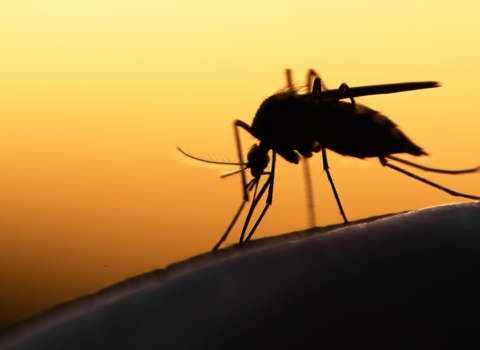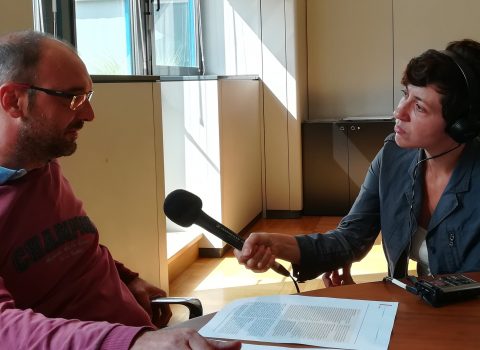
Mpox: the rapidly decreasing 2022 epidemic
An FBK-coordinated study published in Nature Communications demonstrates the importance of correct information to limit transmission
The primary cause of the decline of the mpox epidemic that spread in Italy between May and November 2022 was the massive reduction in sexual activity (60-90%) within the MSM (men who have sex with men) communities most at risk of infection. These are the findings of a study by Fondazione Bruno Kessler and the Ministry of Health in collaboration with Vita-Salute San Raffaele University, Indiana University, Northeastern University and the University of Florida, just published in the journal Nature Communications.
The 2022 outbreak, in which 920 confirmed cases were observed, after an initial and relatively short phase of growth in the number of daily cases, was characterized by a rapid decline that is difficult to interpret. Among other possible causes considered in the study, and assessed to have less impact, include the vaccination campaign that began on August 8, 2022, and the natural immunity acquired by individuals at higher risk.
The study also demonstrates the importance of contact tracing activities, which have resulted in halving the potential number of infections through early diagnosis and isolation of confirmed cases. The study also suggests how a substantial increase in contact tracing capacity can play a crucial role in the rapid control of new outbreaks of mpox.
Finally, the study indicates that a vaccination campaign covering less than one-quarter of the MSM population, as long as it is prioritized on the most sexually active individuals, would completely prevent the resurgence of mpox outbreaks in the medium term.
The study is based on an analysis of the network of sexual interactions in the MSM community, including those occurring within private clubs and saunas, and family transmission. The study revealed that clubs and saunas, while having a potential role in amplifying the epidemic, contributed only residually to total spread due to the limited number of users. Familial transmission also played a marginal role.
“This study,” commented Stefano Merler with Fondazione Bruno Kessler, “shows the importance of acting on individual behaviors to limit the transmission of mpox, such as with rimely and accurate information. On the other hand, the persistence of social stigma towards MSM communities places a limitation on the ability to intervene, especially with regard to contact tracing activities, which are crucial for control.”

